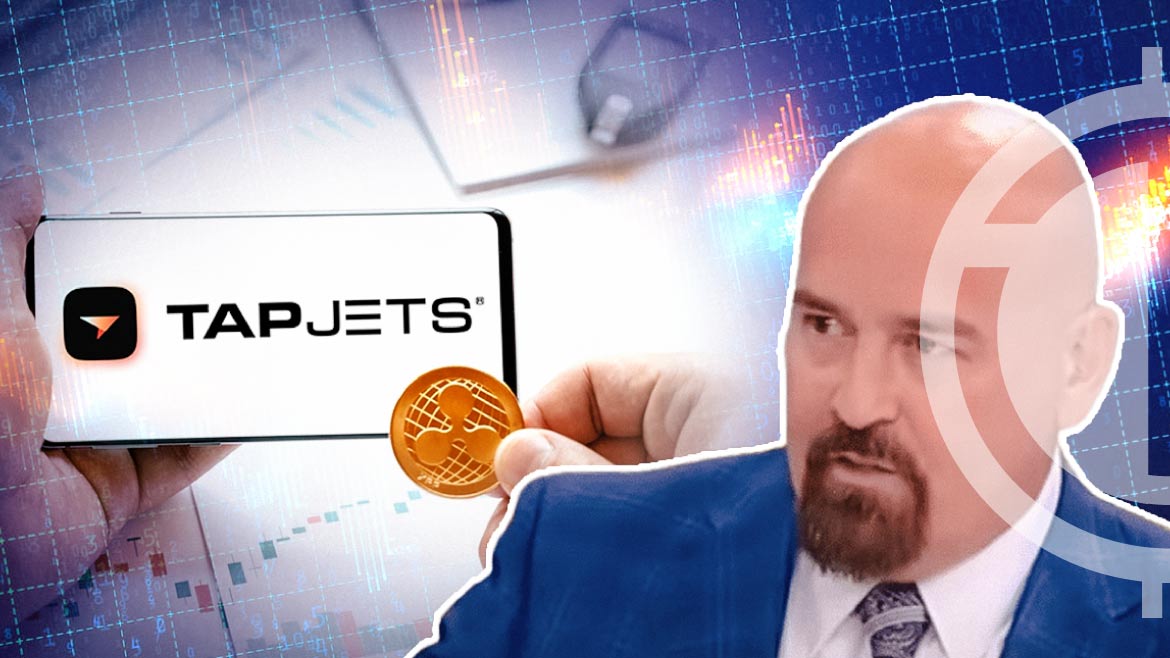- John E Deaton highlights the utility of XRP in solving TapJets’ “Friday Night Problem,” a logistical issue faced when traditional banks are closed.
- TapJets, an app-based private jet service, experienced challenges in processing payments for services due to traditional banking restrictions.
- Deaton’s comment was in response to a thread by Panos, who critiqued the limitations of traditional financial systems, particularly their inactivity during weekends.
John E. Deaton, a prominent figure in the blockchain sector, recently highlighted the role of XRP in solving a financial bottleneck known as the “Friday Night Problem.” His comments were a direct response to author and cryptocurrency personality Panos, who had earlier dissected the limitations of traditional financial systems, particularly their inactivity on weekends.
Panos’ thread dissected the challenges that individuals and businesses face due to the unavailability of banks and financial markets on Saturdays and Sundays. He argued that this closure disrupts global economic activities and opens a window for potential market manipulation. Panos also touched upon the role of blockchain technology as a potential solution. He suggested that the decentralized and 24/7 nature of blockchain could mitigate these issues by providing a continuous operational framework.
Deaton used the example of TapJets to illustrate his point. TapJets is an app-based service that allows users to reserve private jets almost instantly. The company, however, faces a logistical challenge when customers want to book a jet after traditional banking hours, specifically after 5 p.m. on Fridays or during weekends. During these times, customers find it difficult to prepay for various fees, such as fuel and pilot charges, due to the closure of banks. Deaton mentioned that TapJets’ experience with this issue was specifically cited in an amicus brief in the Ripple Vs SEC case.
The lawyer added that XRP has been instrumental in solving this issue for TapJets. By incorporating XRP as a payment option, TapJets enabled customers to complete all required payments within 3-5 seconds, bypassing the limitations imposed by traditional banking hours. Deaton also clarified that Ripple, the company behind XRP, was not involved with TapJets and was unaware of this specific application of the digital asset.
Meanwhile, Ripple has been expanding its innovative platform, Liquidity Hub, which aims to bridge the gap between traditional finance and the crypto frontier. The platform has recently extended its reach beyond the United States to include Brazil and Australia. This expansion is part of Ripple’s commitment to providing seamless access to digital assets on a global scale.












